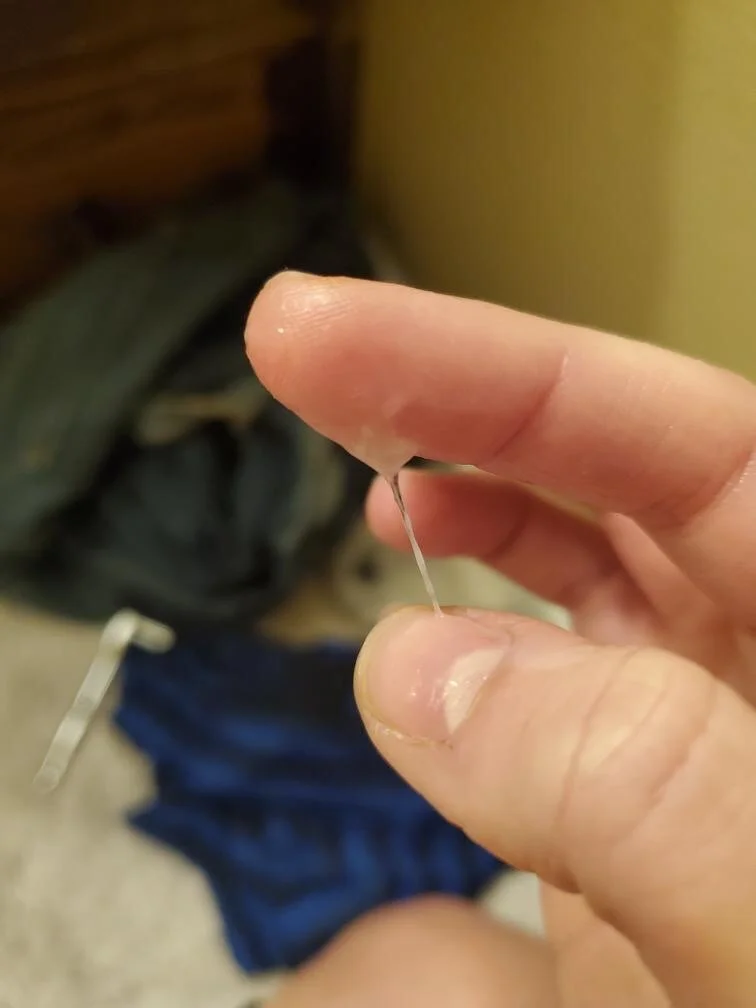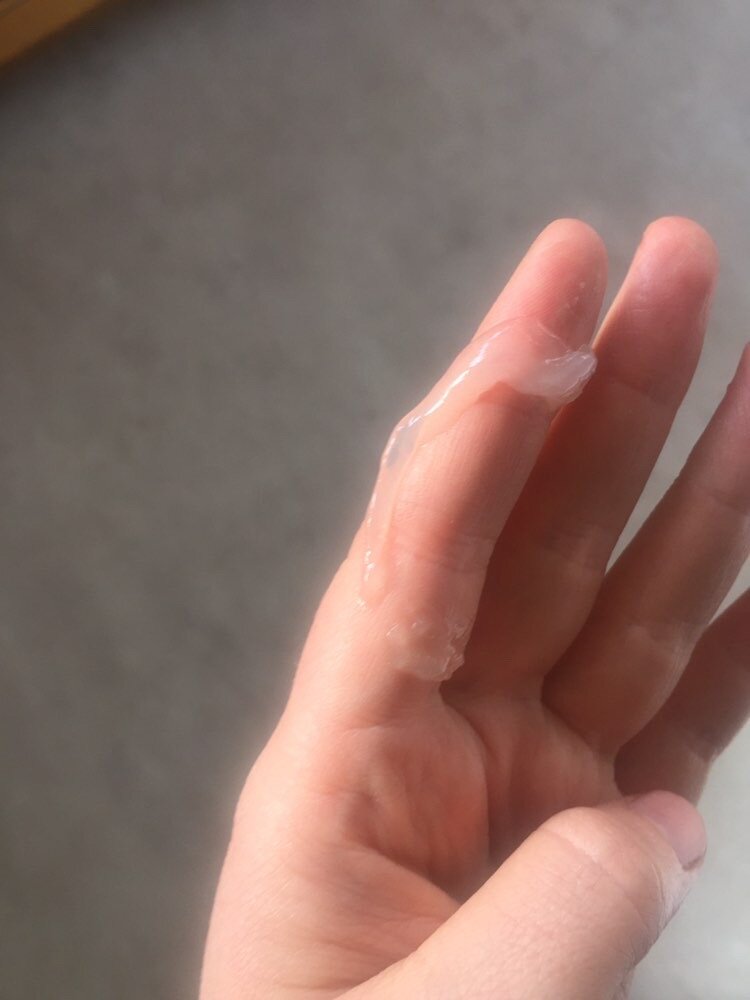Fertile Cm After Ovulation
Directly after your period stops you should no longer have any type of cm for three or four days according to dr.
Fertile cm after ovulation. After ovulation the hormone progesterone causes cervical mucus to become sticky and thick. This means you are back in your non fertile phase. After ovulation it makes sense that you feel dry. People usually notice fertile discharge a few days before ovulation.
After ovulation the amount of discharge usually decreases. It changes in appearance texture and amount throughout the month based on your estrogen levels. Thin watery cm after ovulation. After ovulation your cm is usually dry pasty or creamy.
This way is often used to check whether ovulation has indeed occurred. The wet and slippery mucus dries up immediately after ovulation marking the end of your fertile phase. The most easily observable sign of ovulation is the increase in the amount of vaginal discharge. You should feel dry after you ovulate.
The discharge may become wetter and more slippery over several days. Dry creamy or pasty. You could confuse it with what you have during ovulation but it would be too early for that. What does cm look like during ovulation vs.
As ovulation approaches your cervical mucus changes from a consistency that s not sperm friendly to a more fertile variety. Hormone fluctuations cause your cervix to secrete a discharge called cervical mucus during your cycle. This is one way to confirm that ovulation has occurred. During ovulation the ovary ovaries will release an egg for fertilization.
A day post ovulation 1 dpo. Adrienne zertuche an ob gyn at a division of atlanta women s healthcare. Monitoring cervical mucus before and after ovulation dpo can help you determine when your ovulation will occur. This stops sperm and any other foreign substance from getting through to the uterus.
You will be able to know when exactly you are fertile and ready to conceive get pregnant. If you are having patches of fertile cm but you are not seeing a clearly biphasic chart a follicular phase ovulation and a luteal phase it could mean that you are not ovulating.


